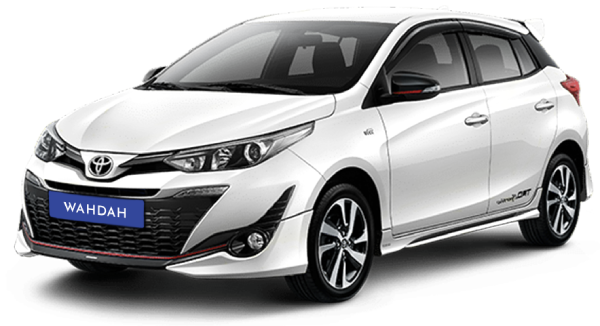New to DRIVE?
Register your new account for free
to start manage your cars and join our community.
Register Now 
Welcome back.
Enter your email and password to login.

The automotive industry is a dynamic and ever-evolving sector, constantly pushing the boundaries of innovation and technology. Two regions that have consistently stood out in the world of automobiles are Continental Europe and Japan. Both have distinct automotive traditions, each with its unique strengths and philosophies. In this article, we will dive into the key differences between Continental and Japanese car.
Continental Engineering Elegance
Continental Europe, home to iconic brands such as BMW, Mercedes-Benz, and Audi, is synonymous with engineering excellence and automotive luxury. European cars are often celebrated for their elegant design, precision engineering, and emphasis on performance. Let's take a closer look at some of the characteristics that define Continental cars:
1. Design Philosophy: European automakers prioritize aesthetics and visual appeal. Their cars often boast sleek, experienced designs that blend form and function seamlessly. The use of high-quality materials and attention to detail in interiors contribute to a luxurious driving experience.
2. Performance: European cars are known for their sporty handling and powerful engines. These vehicles are designed for driving enthusiasts who crave responsive handling and exhilarating acceleration. German manufacturers, are renowned for their dedication to performance.
3. Engineering Expertise: Continental Europe is a hub for automotive innovation. Manufacturers like Porsche and Ferrari are constantly pushing the envelope in terms of technology, resulting in groundbreaking developments such as hybrid and electric sports cars.
Japanese Precision and Reliability
In contrast, Japanese car manufacturers like Toyota, Honda, and Nissan have carved a niche for themselves with their focus on precision engineering, reliability, and efficiency. Japanese cars have earned a reputation for being practical, dependable, and economical. Here are some key characteristics of Japanese cars:
1. Reliability: Japanese cars are renowned for their longevity and dependability. They often top reliability and durability rankings, making them a sensible choice for those seeking a trouble-free ownership experience.
2. Efficiency: Japanese automakers prioritize fuel efficiency and environmental sustainability. Many Japanese brands have been pioneers in hybrid and electric vehicle technology, promoting eco-friendly transportation solutions.
3. Innovation: While Japanese cars may not be known for extreme performance, they excel in innovative features and cutting-edge technology. Features like adaptive cruise control, lane-keeping assist, and advanced safety systems are often found in Japanese models.
The choice between Continental and Japanese cars ultimately depends on individual preferences and priorities. Continental cars offer a luxurious, performance-oriented experience with an emphasis on design and engineering prowess. In contrast, Japanese vehicles prioritize reliability, efficiency, and innovative technology.
Fortunately, modern globalization and collaboration have led to the exchange of ideas and technologies between these two automotive powerhouses. Today, you can find elements of both Continental and Japanese philosophies in vehicles from around the world, creating a diverse and exciting landscape for car enthusiasts.